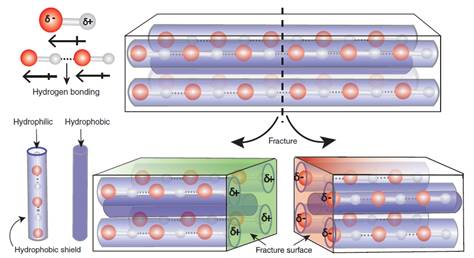In a significant new study published on Wednesday, researchers revealed that social media use does not uniformly raise the risk of depression among adolescents. Instead, parental hostility and peer bullying emerged as major risk factors contributing to teenagers’ mental health conditions. These findings, detailed in the Journal of Adolescence, underscore the nuanced relationship between social media use and depression, highlighting the role of individual and environmental factors.
Key Findings of the Study
Researchers from Brigham Young University conducted the study, focusing on the varied impacts of social media use on adolescents. The study, which followed 488 adolescents in the US over eight years, beginning in 2010 when the participants were 13 years old on average, found that certain factors could make social media use either more risky or protective regarding depression.
Factors Influencing Depression Risk
The research identified several key factors influencing whether social media use might increase the risk of depression in teenagers. These factors included:
- Parental Hostility: Adolescents experiencing greater hostility from parents were found to be at a higher risk of depression.
- Peer Bullying: Being bullied by peers significantly heightened the likelihood of depression.
- Anxiety and Reactivity to Stressors: Teenagers who were more reactive to stressors or suffered from anxiety were also more vulnerable.
- Parental Media Monitoring: Lower levels of parental monitoring of media use were associated with a higher risk of depression.
“If the teenager is already in a vulnerable position, such as being bullied or having hostile parents or parents who don’t monitor their teenager’s media, then social media is much more likely to be harmful,” said W. Justin Dyer, the corresponding author from Brigham Young University. He added, “This is especially true if there is more than three hours of use a day.”
Protective Factors
Conversely, the study highlighted protective factors that could mitigate the negative impacts of social media use. Warm and supportive relationships with friends and parents, coupled with moderate social media use (less than three hours a day), were found to be beneficial.
Implications for Parents and Guardians
The findings stress the importance of individualized approaches to understanding the benefits and harms of social media on young people’s mental health. Dyer emphasized that adolescents could greatly benefit if parents guide them as they navigate social media. “That guidance may make all the difference,” he noted.
Conclusion
This study provides critical insights into the complex relationship between social media use and adolescent depression. It calls for a nuanced approach, recognizing that while social media can be a source of harm for some teenagers, particularly those in vulnerable situations, it can also offer benefits under the right circumstances. As such, parents and guardians play a crucial role in monitoring and guiding their children’s social media use to ensure it remains a positive experience.











